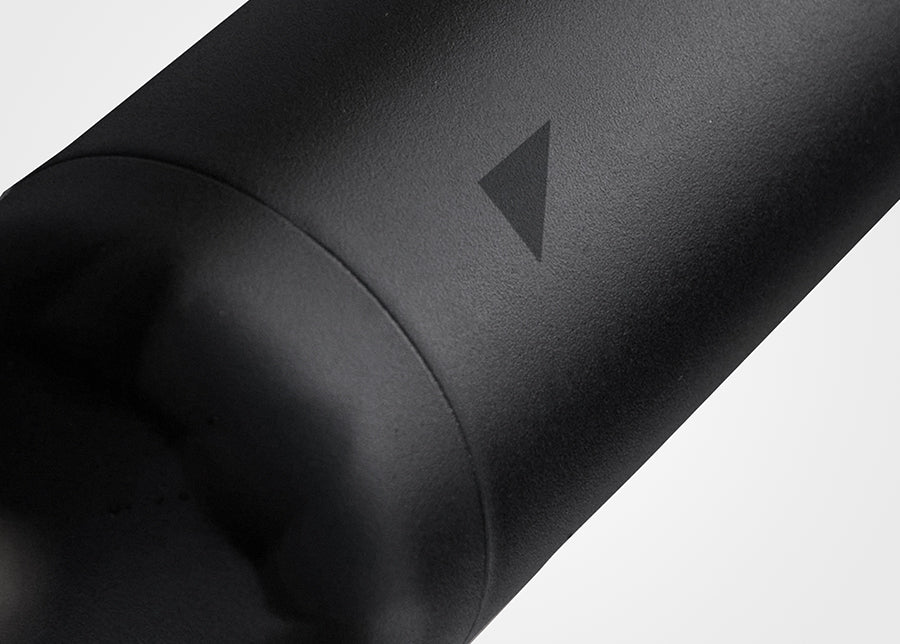What does BPA free mean?
It’s good that gasoline (or petrol or bensin or whatever you call it) no longer contains lead. It’s still pretty bad though. BPA-free plastic is the same.
Quick links
-
What exactly is BPA?
-
Why is it bad if BPA ends up in food?
-
“Regrettable Substitution”
-
agood bottle - a safer, greener alternative
What exactly is BPA?
...and why should I be glad it’s no longer used in (food) plastics? BPA (Bisbisphenol A) is an industrial chemical and 95% of it is used for two purposes: to make polycarbonate plastic and epoxy resins. Those plastics are everywhere, from safety goggles to composite airplane wings. In certain applications, it excels. But, and this is a big one, when used in food and beverage containers researchers found that small amounts leached into food.
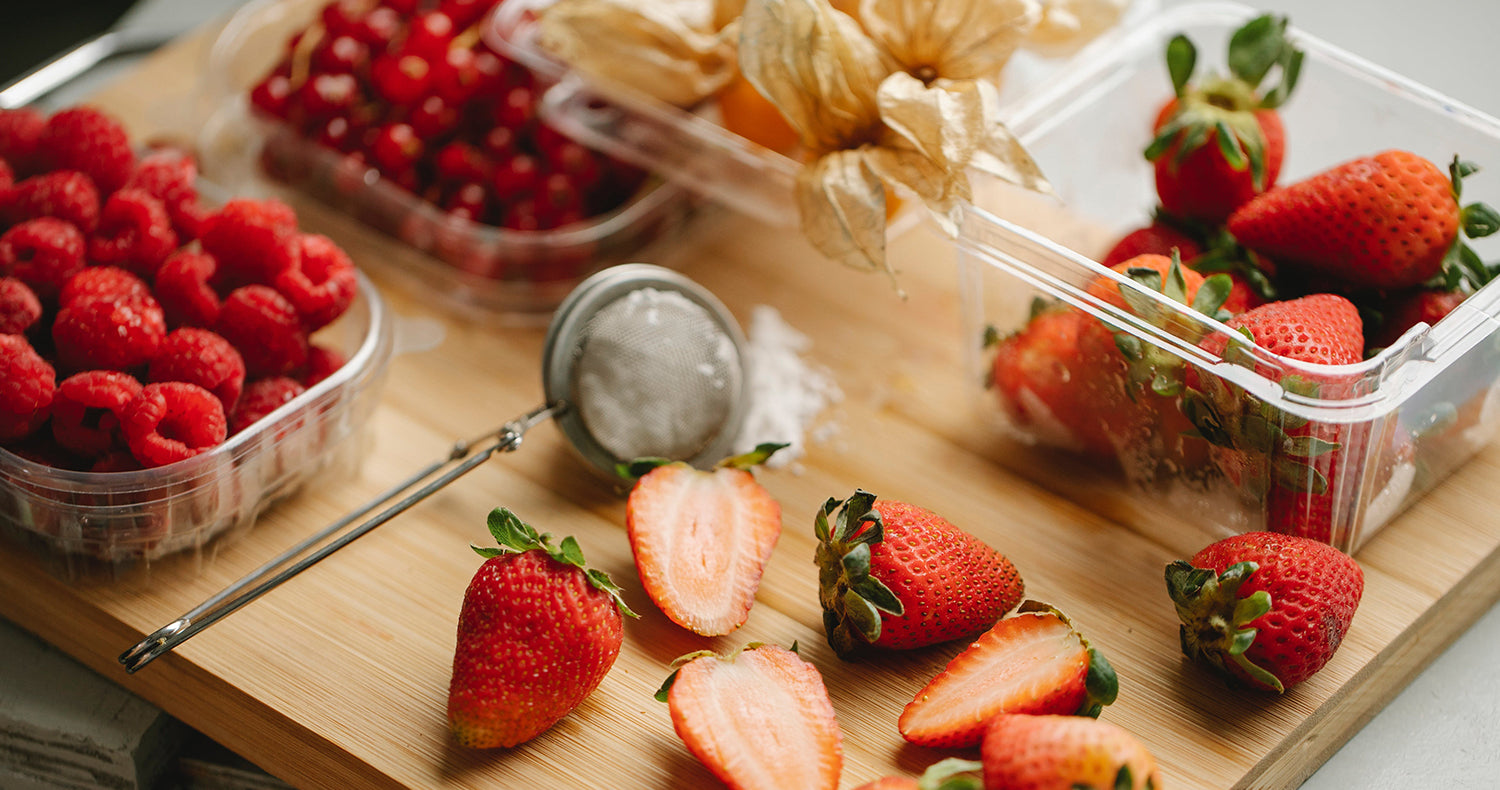
Why is it bad if BPA ends up in food?
BPA is an endocrine disruptor. The endocrine system “is the collection of glands that produce hormones that regulate metabolism, growth and development, tissue function, sexual function, reproduction, sleep, and mood, among other things.” BPA mimics certain hormones that the endocrine system uses for those important tasks.
Let’s say you are building a house but you have to use the wood someone hands you wherever you happen to be at that moment. If you are getting the wood from a reliable source things will be OK. What if someone hands you a rotten 2x4 or one infested with termites? You could get lucky and not have to use it for a load-bearing wall or part of a roof truss. Maybe things will hold together and maybe they won’t. But it certainly calls into question the long term viability of that house and whether or not you'll be making certain repairs in the future. What if we replace "house" and "wood" with "body" and "hormones?"
Children at higher risk
Adults aren’t as affected by endocrine disruptors as children. But even small doses are especially problematic for kids because their physical and brain development is incomplete. They are still laying the foundation of their bodies that they'll be using for the rest of their lives.
The widespread presence of BPA
A study of over 2,000 people found that more than 90 percent had BPA in their urine. Traces had also been found in breast milk, the blood of pregnant women and umbilical cord blood. This explains why in 2012, after intense lobbying on both sides, the FDA banned the use of BPA in baby bottles and sippy cups. Eventually, the industry moved toward removing BPA from many of the plastics that are typically found near food. Not all though. BPA can still be found in many items, such as canned food, water bottles, and receipt paper.
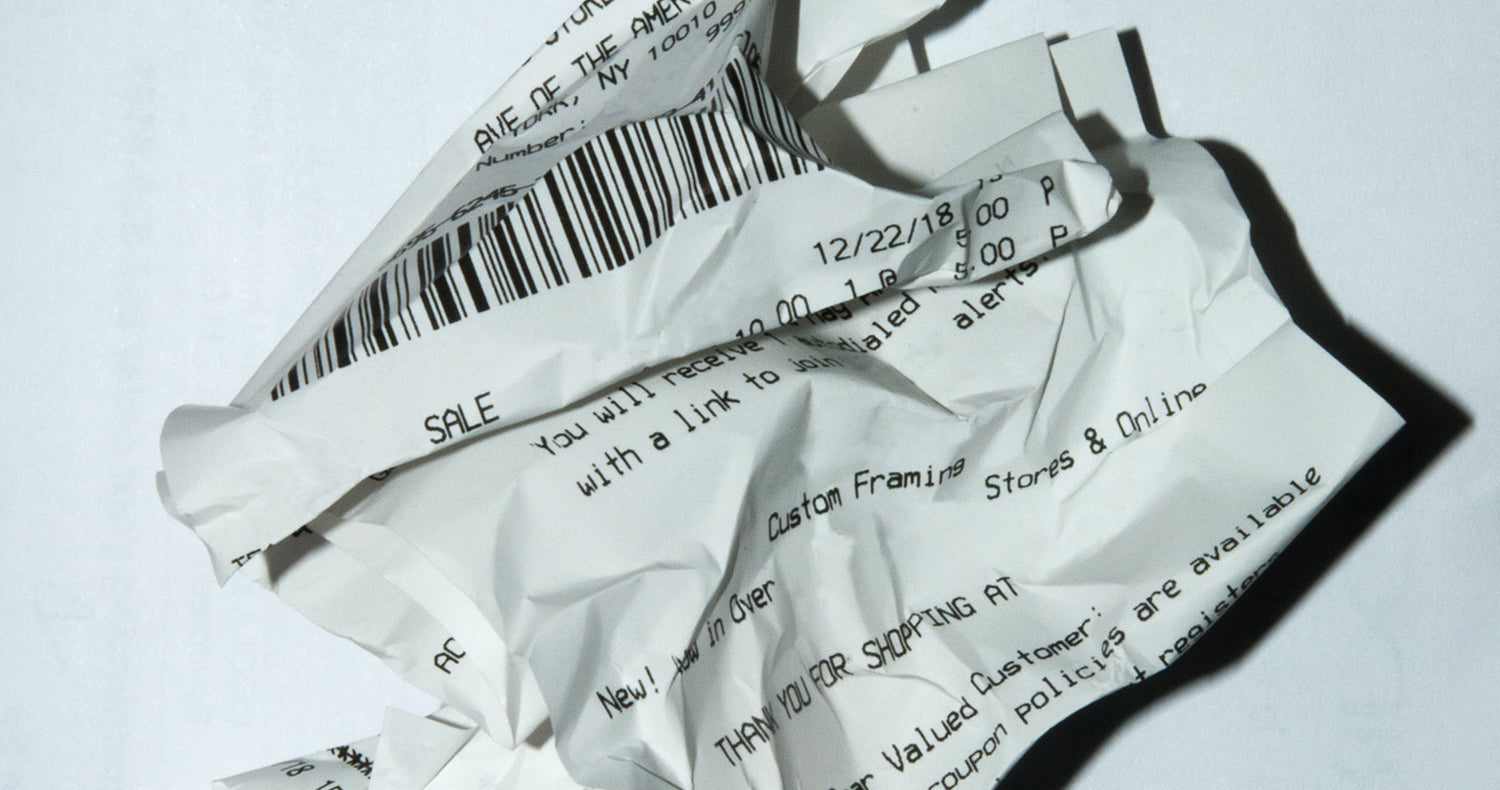
“Regrettable Substitution”
The good news is that after consumers were informed about the dangers of BPA public outcry lead to the reduction of its use in most cans - 90% no longer contain the chemical. That doesn’t mean things are all of a sudden perfect. According to Joseph Allen, assistant professor of exposure assessment science at Harvard T.H. Chan School of Public Health, BPA may simply have been swapped for BPS, or bisphenol-S, a similar chemical thought to be even more harmful to children’s health. Replacing one harmful chemical with a different one that is just as bad (or worse) than the original is called regrettable substitution.
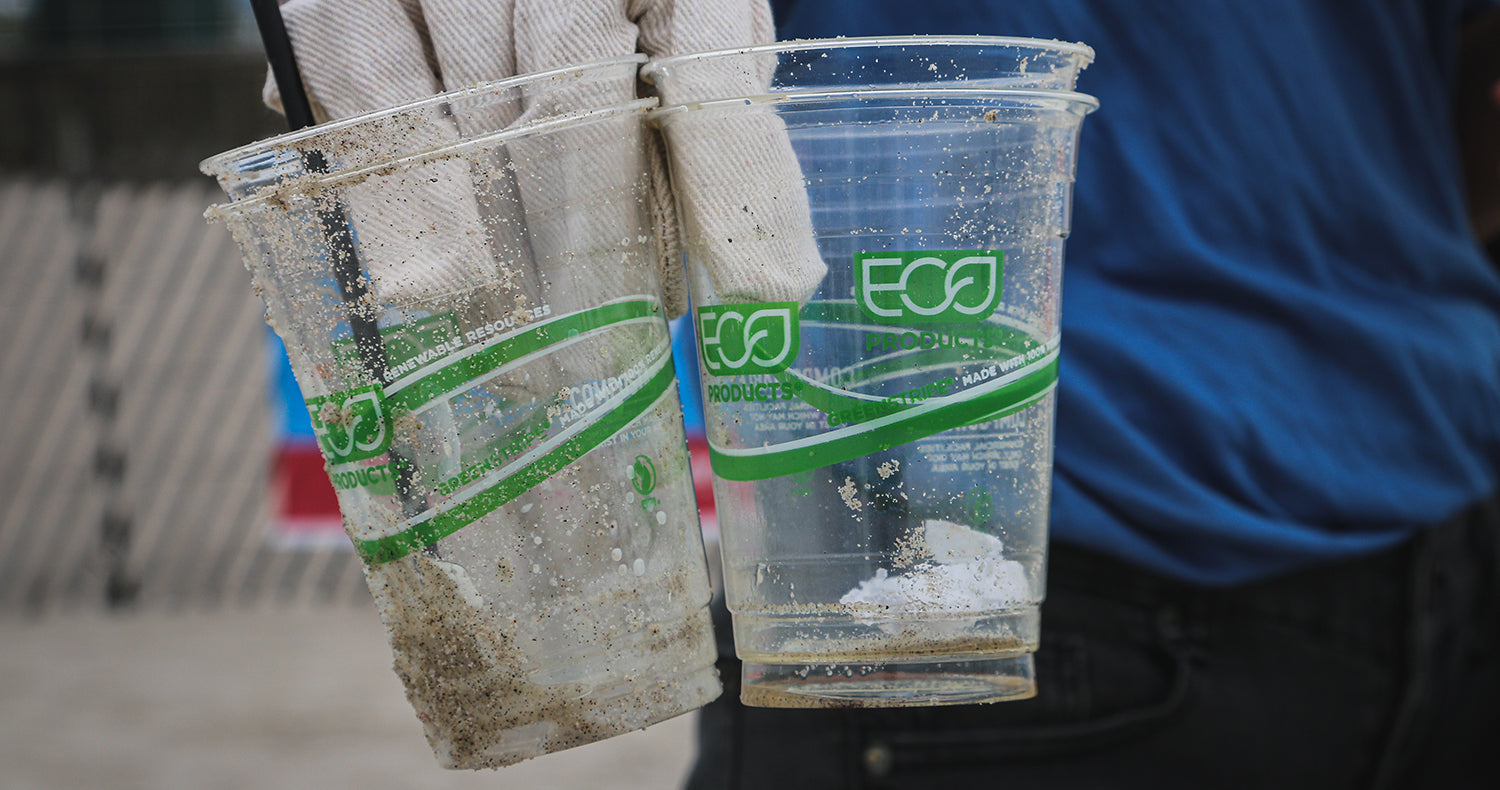
“Innocent until proven guilty may be the right starting point for criminal justice, but it is disastrous chemical policy,” Allen wrote. “We need to recognize regrettable substitution for what it is: repeated substitution of toxic chemicals with equally toxic chemicals in a dangerous experiment to which none of us knowingly signed on.”
agood bottle - a safer, greener alternative without BPA
It’s good that cups and bottles and packaging are generally BPA-free. But remember, unleaded gasoline is still full of poisons and plastic will never be perfect. The less of it you have in your life, the better, but that is increasingly difficult if not impossible. That’s why we created agood bottle. Our product does not contain BPA. We inspect the factory and had the owners sign our Code of Conduct so we could say with certainty that our bottles are safe for you and your family.
From the inside liner to the outside paint, we insist that our reusable bottles meet today's strictest safety standards because our future depends on it. We want you to use this bottle for years (if not decades) and by making sure it’s safe and durable, we know you’ll want to. It’s also fully insulated and will keep drinks piping hot for a day and ice-cold for twice that. It even looks good (for a bottle) and you can get it in a variety of colors.
Breaking free from plastic waste
Best of all, by using it you’ll NOT be using over 100 disposable plastic bottles a year. (That’s what the average person uses - one plastic bottle every few days). Single-use plastic sticks around for a long time. While bottles are no longer leaching BPA into your food, they are still leaching toxins into the environment. Here’s a live stream of a plastic bottle decomposing. It will be 450 years before it disappears. Even though new plastic may be safer, it can be just as bad as old plastic, and that old plastic is still laying around leaching toxins.
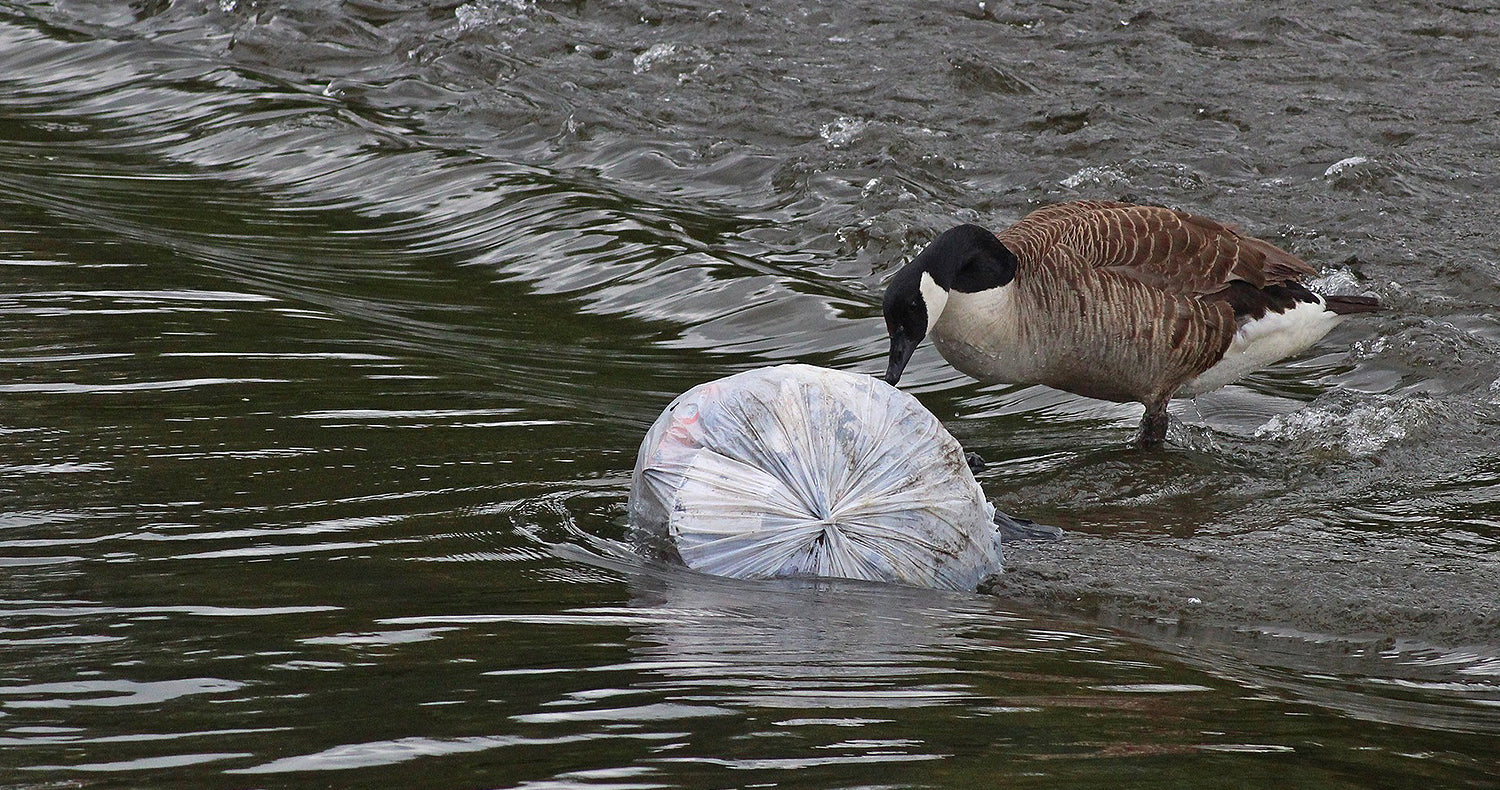
Our bottle is a start; a way to help you remove single-use plastic from your life. It’s good for the planet and good for your family. It can be hard but we’ll be there to help. Learn how reusable water bottles help reduce plastic waste.
Final thoughts
To put it simply, BPA (Bisphenol A) is a chemical that used to be in many plastics, especially those used for food and drinks. It's not good for us because it can mimic hormones in our bodies and disrupt our natural systems.
Getting rid of BPA from food plastics, like baby bottles, is a good thing, especially for kids whose bodies are still developing. But the replacement chemicals might not be much better, a problem known as "regrettable substitution."
While products like the agood bottle are a safer choice, it's important to remember that all plastic, even without BPA, is tough on the environment. Plastic bottles take a very long time to break down, and they keep releasing harmful substances into the environment.
So, choosing alternatives like the agood bottle and using less disposable plastic overall is not just good for us but also for the planet. It's a small step, but it makes a big difference in reducing plastic waste and keeping ourselves and the environment healthier.
Further reading:



